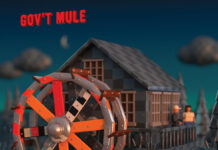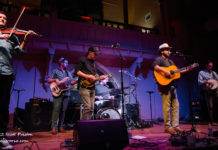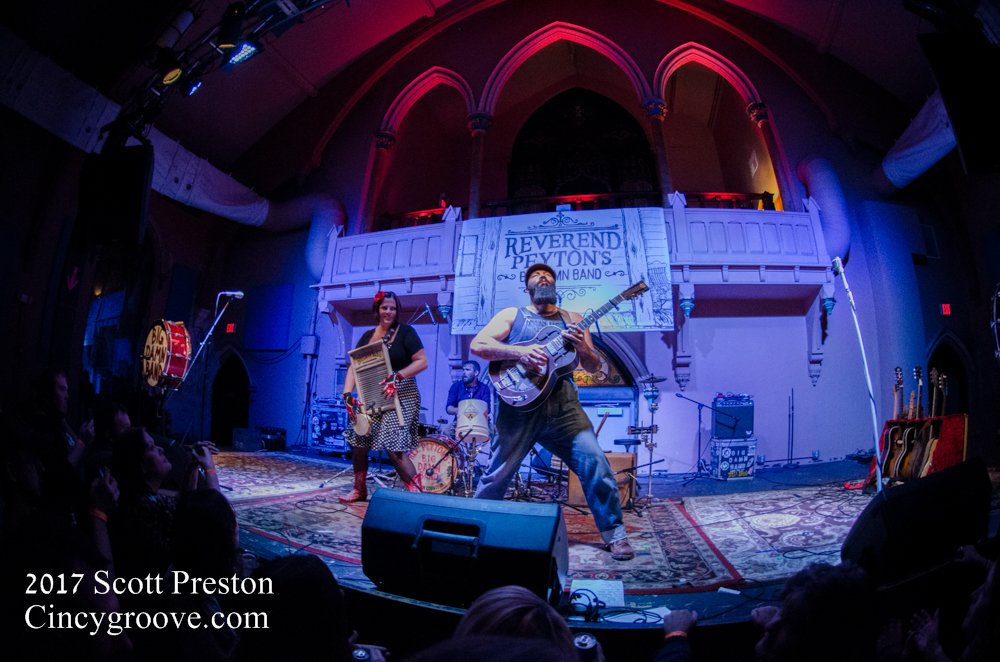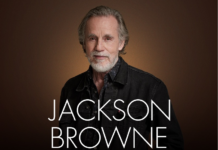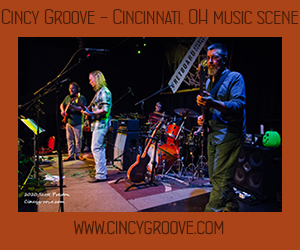Photo Credit: Lawrence Braun
Today, The Felice Brothers released their first new single in two years “Inferno” alongside an official video composed of found footage edited by Ian Felice. The song, out today via Yep Roc Records, reflects on the half-forgotten memories that shift and morph in the mind as we age, and is their first new music since the release of their critically-acclaimed 2019 album Undress.
Listen to “Inferno”:
https://ffm.to/felicebrothers-inferno
“This song, more than anything, is about the persistence of certain mundane memories, and how they take on hidden meaning and significance, how their symbols become part of our inner lives, and how they are transformed in our minds,” explains Ian Felice. “It’s also about youth and growth and transformation. Memories of the film are obscured through the lens of time. Does Jean Claude Van Damm actually ride a motorcycle along the banks of the Rio Grande? I don’t recall, but still I have this image in my mind. I just remember how horrible the movie was. The two characters in the song are transformed into swans in the final verse, in a dream, as they are swept into the fire of another, more frightening reality.”
“Inferno” was produced by The Felice Brothers, engineered by James Felice and Nate Wood, and mixed by Mike Mogis (Bright Eyes, Phoebe Bridgers). The song also sees the continuation of the new lineup of the band that debuted with Undress, consisting of Ian Felice, who shares songwriting and vocal duties in the band with his brother James Felice, bassist Jesske Hume (Conor Oberst, Jade Bird) and drummer Will Lawrence.
The Felice Brothers’ Undress was acclaimed by No Depression, Consequence of Sound, American Songwriter, Paste Magazine, PopMatters, Talkhouse, and Rolling Stone who called it “their best album in years.” NPR Music said “With Undress, The Felice Brothers’ folk-rock sound and vision has matured and focused, and the band does its best at making sense of our modern times.”




